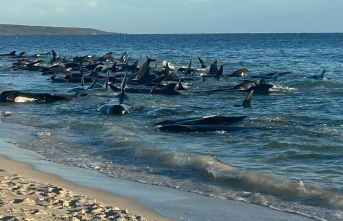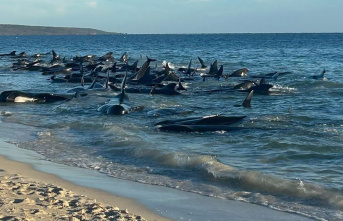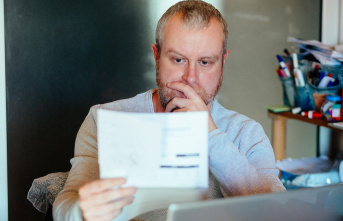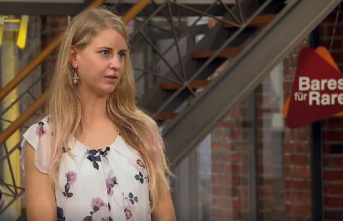After the annexation of the eastern regions of Ukraine by Russia, military expert Carlo Masala sees little chance of a peaceful settlement to the conflict. Masala said on Friday in the stern podcast "Ukraine – the situation" that Russian President Vladimir Putin was also binding his successors with his decision. According to the Russian constitution, it is practically impossible to give away one's own territory - and that's what the territories are now declared to be. From a Russian perspective, this changes the logic of the war. From this point of view, the fighting in the annexed areas is now fighting on Russian territory. Putin is thus blocking the possibility of negotiated solutions that provide for something other than Russian control over the regions. "This puts Putin in a logic of war that would justify threatening to use nuclear weapons even more severely," said the professor at the Bundeswehr University in Munich.
Masala described it as a "paradoxical situation" that in Moscow the union of the regions was being celebrated while at the same time the Ukrainian army was advancing in these areas. In Lyman, the Ukrainians managed to encircle the Russian armed forces and their auxiliary troops from Luhansk. "We're talking about 2,000 to 3,000 men who are completely cut off," he said. Lyman was an important strategic hub, the capture of which would allow the Ukrainians to cut off other Russian units from supplies. "Putin loses some of the areas that he now declares Russian to Ukraine."
With regard to the acts of sabotage against the gas pipelines in the Baltic Sea, Masala said that Russia's destruction actually made no sense. As a possibility, however, he brought up the fact that Russia wanted to show that "we can destroy parts of your critical infrastructure - in waters that you thought you had some control over." If the attacks are really part of a hybrid warfare by Russia, "a new dimension will open up". Then the question arises as to what options Russia has to take action against critical infrastructure. "As an open society, we are vulnerable," he said. However, Masala was not very confident that the authorship of the acts of sabotage could be clearly clarified.












